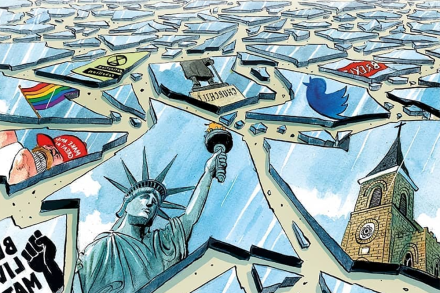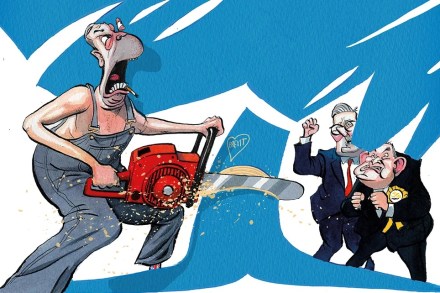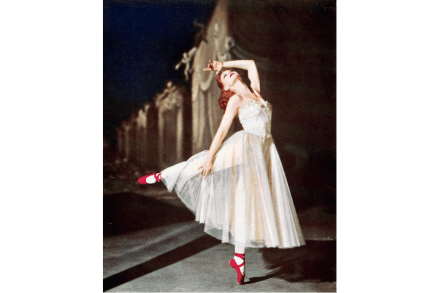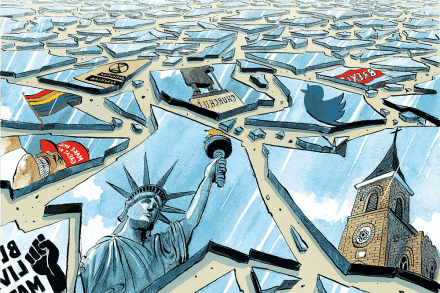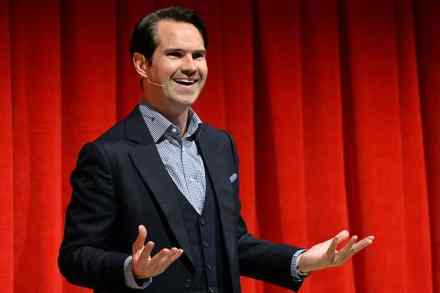You can’t cancel the cancelled
When Theresa May appointed me as a non-executive director of the Office for Students, the Downing Street press office decided to embargo the news until midnight on New Year’s Day 2018. It may be that it hoped to slip it out under the radar, calculating that most journalists would be too drunk to notice. If so, it didn’t work. The Guardian decided it wasn’t going to let the government get away with this sleight of hand and stuck the following headline on its website at 12.01: ‘Toby Young to help lead government’s new universities regulator.’ The offence archaeologists immediately set to work digging through everything I’d said or written, looking
